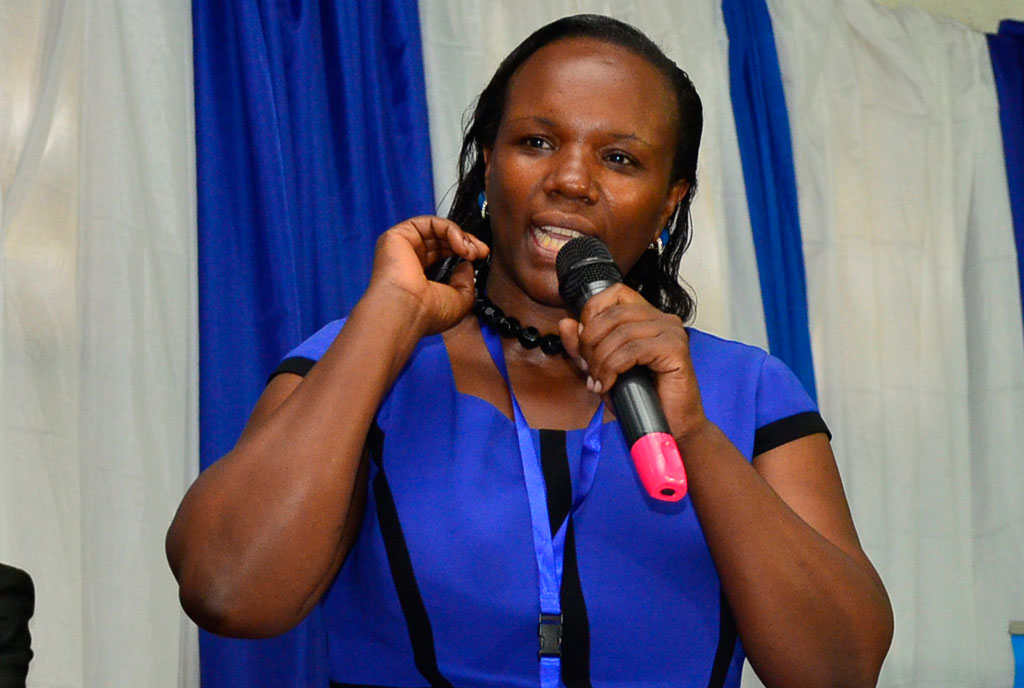|
The Government of Uganda has spent US$126 million on CCTV from Huawei Technologies Company Limited to help track criminals but Forum for Democratic Change (FDC) Secretary for National Mobilisation, Ingrid Turinawe has reservations on the installation of the cameras long Kampala’s streets. Turinawe told an international news agency Reuters that the cameras are being installed to track the opposition politicians. “The CCTV project is just a tool to track us, hunt us and persecute us,” Turinawe is quoted as saying. Turinawe’s fears could be believed by the sections of the Ugandan public because years ago she was brutalized by the officers of the Uganda Police Force. The High court in Kampala in March this year ordered government to pay her Shs170 million, following a case she filed for assault. Facial recognition technology has become increasingly pervasive around the world, raising concerns about potential abuses. Officials in San Francisco voted in May to ban its use by city personnel, Reuters reports. Huawei technicians have allegedly helped intelligence officials in Uganda and at least one other African country spy on their political opponents, according to an investigation published by the Wall Street Journal (WSJ) on Wednesday. In Uganda, WSJ alleges they helped crack the encrypted communications of popular musician turned politician Bobi Wine; police swarmed a concert that would have featured surprise opposition speakers and arrested him and dozens of supporters, the paper said. In Zambia, Huawei employees allegedly helped the government access the phones and Facebook pages of bloggers critical of the president so they could be tracked and arrested, the paper reported. Huawei rejected the Journal’s “unfounded and inaccurate allegations”, telling Reuters in an email: “Huawei’s code of business conduct prohibits any employees from undertaking any activities that would compromise the data or privacy of our customers or end users, or that would breach any laws.” Uganda’s cameras are part of Huawei’s Safe City initiative, which has been rolled out in more than 200 cities worldwide, including in China, Pakistan and Russia. In Africa, Huawei has sold CCTV systems to countries such as Kenya, Egypt and Zambia where activists have raised similar concerns over privacy and effectiveness. In Europe, France, Germany and Serbia have small projects with Huawei’s initiative. The U.S. government has restricted trade with Huawei and four other Chinese firms, accusing them of espionage and stealing intellectual property. It is also lobbying to persuade U.S. allies to keep Huawei out of next-generation 5G telecommunications infrastructure, citing concerns the company could spy on customers. Huawei has repeatedly denied it is controlled by the Chinese government, military or intelligence services. Reuters reports that surging crime in Uganda is fuelling public anger towards President Yoweri Museveni who has been in power since 1986 and will likely seek another five-year term. Police recorded 4,497 homicides last year, nearly double the number of five years ago. Kidnappings for ransom, once rare, rose to 202 cases in 2018, an eightfold jump from 2017. In one notorious case, the 28-year-old daughter of a wealthy businessman was kidnapped and killed despite her family paying kidnappers $200,000. Police investigations currently rely heavily on witness interviews, Charles Twine, a spokesman for the police Criminal Intelligence and Investigations Department, told Reuters. Twine declined to give statistics but said police manpower was “critically wanting.” The police website said in 2015 the force was 45,000-strong. That’s about half the United Nations-recommended ratio of one policeman per 500 citizens. A 2015 budget paper for the ministry of internal affairs said there were about 5,500 detectives. Twine said police must turn to civilian experts if they need DNA analysts, toxicologists or fiber experts. He hopes CCTV footage will be the answer, letting investigators “know who has committed the crime, how did he commit it, which route did he take, and which tools did he have.” About 2,500 out of a planned 3,200 cameras covering metropolitan Kampala have been installed. Huawei will eventually extend the system to all major towns in the country. But some current and former law enforcement officials are skeptical that high-tech aids such as CCTV or new forensic tools such as planned DNA and fingerprint databases will have an impact on crime. Uganda’s police are poorly paid and have little investigative training, said Herbert Karugaba, a Ugandan police investigator for 17 years before he joined the U.N. to probe genocide and war crimes in Rwanda and Cambodia. |
‘CCTV project is a tool to track us, hunt us and persecute us’ -FDC’s Ingrid Turinawe

- Advertisement -






